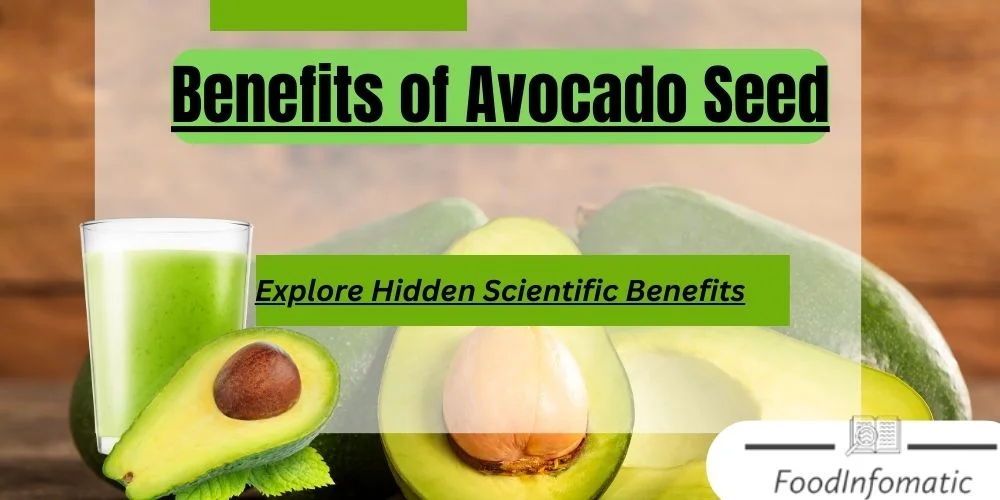Mangoes are known for their amazing aroma, taste, and nutritious qualities, which satisfy the cravings of a consumer. Similarly, dried mango is among the most popular dried fruit. This article will explore the nutrition, potential downsides, and especially the benefits of dried mango.
What is dried mango?
As indicated by its name, dried mangoes are the dry form of mango fruit (Scientific name of mango tree: Mangifera Indica). Mango can be dried naturally or dehydrated using various dehydration techniques like hot air drying.
Generally, dried mangoes are available in the form of slices. They may include sulfites as a preservative to keep the mango soft with extended shelf life. Among the dried mango:
Organic varieties: can be stickier and difficult to eat.
Freeze-dried mangoes: crunchier and free of sugar.
Crystallized and candied mango: include sugar and water mixture.
In general, dried mangoes are available in both sweetened and unsweetened forms.
Why is dried mango made?
Although mango is a nutritious fruit, it is seasonal and highly perishable. Therefore, mangoes can be spoiled, making them non-consumable in just a short time. According to an estimate, about 31% of total mangoes production goes to waste due to their perishability (1).
Thus, this wastage of fruits can be minimized by removing water (dehydration). This results in reduced spoilage, increased stability, and shelf life of fruit. Dried mangoes are also easy to export around the world.
Interesting Information: With over 4000 years of history, mangoes have been considered an important food in traditional Indian ayurvedic medicinal treatment.
Dried Mango Nutrient Details
Dried mangoes provide plenty of important nutrients, including vitamins, minerals, and antioxidants. They are excellent sources of vitamin C, calcium, iron, and potassium.
Vitamin C content in dried mangoes acts as an antioxidant (effective in avoiding cell damage). Vitamin C is also necessary for healthy skin and strong immunity (2).
However, apart from essential components, dried mangoes are naturally high in sugar, resulting in high calories, which may cause a rise in blood sugar levels.
Nutritionally, 40 grams (9 pieces) of dry mango serving provides (3):
Calories: 128
Carbohydrates: 31 grams
Sugar: 27 grams
Protein: 1 gram
Vitamin A: 3% of Daily Value (DV)
Vitamin C (Ascorbic acid): 19% of DV
Folate (Vitamin B9): 7% of DV.
In addition, dried mangoes also contain about 2.4 grams of total dietary fiber in 100 grams of serving (4).
Benefits of Dried Mango
The rich content of essential vitamins, minerals, and antioxidants in dried mango provides various health benefits.
Improve Eye Health
Dried mangoes are a rich source of Vitamin A, which is necessary for eye health, normal vision, growth, and development. It also helps in the proper functioning of the lungs, heart, and several other organs (5).
Carotenoids, a well-known antioxidant, are also present in dried mangoes. Among the carotenoids, the most common type is known as beta carotene, which is very useful in improving vision by minimizing macular degeneration and slowing cataracts (6).
Scientific research has estimated that about half of the total carotenoid contents in dried mangoes are composed of beta-carotene (7).
Basic cell functioning and DNA Synthesis
Vitamin B9, also known as folate, is also present in dried mango in considerable amounts. Folates are very important for basic cell functioning, as it helps in RNA and DNA synthesis. Both RNA And DNA are the essential components that regulate cells and instruct them on what to do (8).
Owing to its importance, food industries also fortify various foods with folic acid, a version of folate. This helps in preventing deficiency of folate in the human body.
Prevent Cancer
Along with essential vitamins, dried mango also contains antioxidants, including ascorbic acid, polyphenols, and flavonoids. These antioxidant contents are effective in preventing and reducing cancer (9).
However, scientific evidence has also shown that the process of drying can result in nutritional degradation in food products. Especially heat-sensitive nutrients can be lost during drying. Thus, it should be noted that dried mango contains fewer antioxidants as compared to fresh fruit (10).
Still, significant amounts of antioxidants, like beta carotene, beta-cryptoxanthin, and luteoxanthin, remain present in dried mangoes.
Improve Gut Health
Dried mangoes also contain dietary fibers, which can improve gut health. These fibers in dried fruits are effective in preventing conditions like diarrhea and constipation. In addition, they are useful for beneficial bacteria present in our gut, resulting in improved digestion (11).
Overall, dried mangoes can provide a high-quality diet as dried fruits contribute to improved nutrient intake and reduced body weight.
Potential risks of consuming dried mango
Despite various health benefits, dried mangoes may also have a few disadvantages. So, here are considerations you should have in mind before enjoying this amazing product.
High in sugar and calories
Mangoes are naturally rich in sugars. Comparatively, dried mangoes may contain more sugar than fresh ones. Some prepackaged dry fruits may contain additional sweetness, which further increases the carbohydrate intake. Therefore, if you are a diabetes patient, even smaller quantities may significantly increase your blood sugar level (12). The sugar contents in dried mango are already mentioned above.
Thus, people with diabetes should consider eating fresh or substitute foods. It is also better to look for alternative products. Diabetes patients can still enjoy some other amazing products, like fruit juices with a low glycemic index (low sugar).
In addition, dried mango also provides high calories (128 per 40 grams). So, if you are at risk of diabetes or trying to manage your diet, consuming dry mangoes may not be a good idea. Unsweetened dried mango is a better choice compared to sweetened fruit. Dried mangoes may also negatively affect your weight loss plan.
Low-caloric foods like apples and berries can be a healthy option for diet management and weight loss.
Potential Allergic Reactions
Mango contains an allergic compound known as profilin. Although mango allergy occurs rarely, if it happens, it may lead to mild or severe allergic reactions (13) . Mango peel has high concentrations of urushiol, and a substance also presents in poison ivy. A significant content of urushiol is present in mango skin. If you are allergic to urushiol, exposure to this compound while preparing dried mangoes from fresh mango can cause rashes.
Still, eating dried mangoes will not cause allergies as the skin is already removed.
If dried mangoes are added with sulfite (as a preservative), sensitive people may face side effects like runny nose and red eyes. Sulfite (i.e., potassium meta bisulphite or sulfur dioxide) may also react with people with asthma. Thus, the sulfites-sensitive group should choose sulfite-free dried fruits (9).
Top suggestions to make recipes with dried mango
Generally, dry mangoes are available in the form of slices with a crunchy or chewy texture. Mango can be sliced and used with milk to make delicious shakes in raw form. However, dried forms of mango can be utilized in various ways.
Dried mango can be enjoyed as a snack or can be added to baking products, yoghurt, and cereals (9). Moreover, dried mango has the potential to be added to chutney or even smoothies to make them delicious, flavorful, and healthier.
The incorporation of dry mangoes in muffins or cookie recipes may improve their flavour. Dried mangoes can make cookies (with nuts) chewier and more satisfying. You can also make mango sauce and enjoy it with main chicken-based recipes.
Conclusion
Dried mango is a great food product and is a delicious and nutritious snack. It provides plenty of vitamins, minerals, antioxidants, and fibers to the body. These ingredients are beneficial for normal growth and development and assist in keeping the body’s organs healthy. However, dried mangoes have high carbs and should be consumed in moderation, especially if you are a diabetic patient.
Packaged dry mangoes are easily available in local supermarkets or food stores. To enjoy this excellent product, read the ingredients list before buying one. Try to avoid those dry mangoes with added sugars and concentrated juices. It is also better to avoid candied or sugar-coated dry mangoes fruits.
Don’t forget to consult with your nutritionist before consuming dry fruits, especially if you are following a diet plan or have a risk of diabetes.




